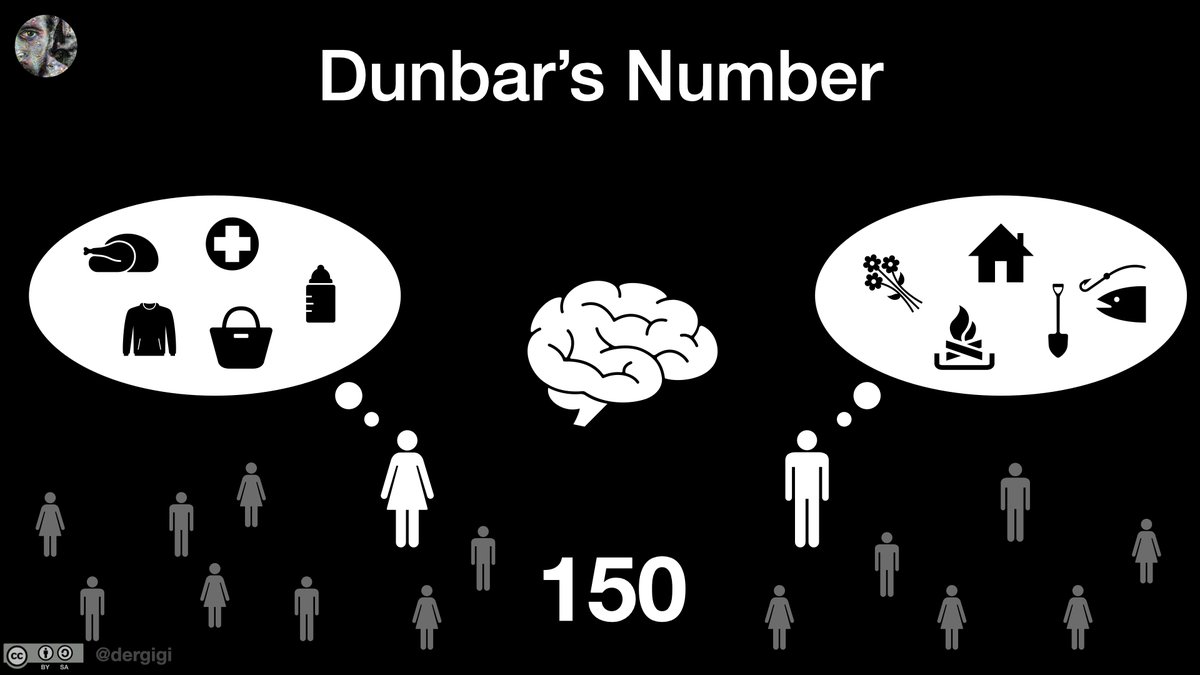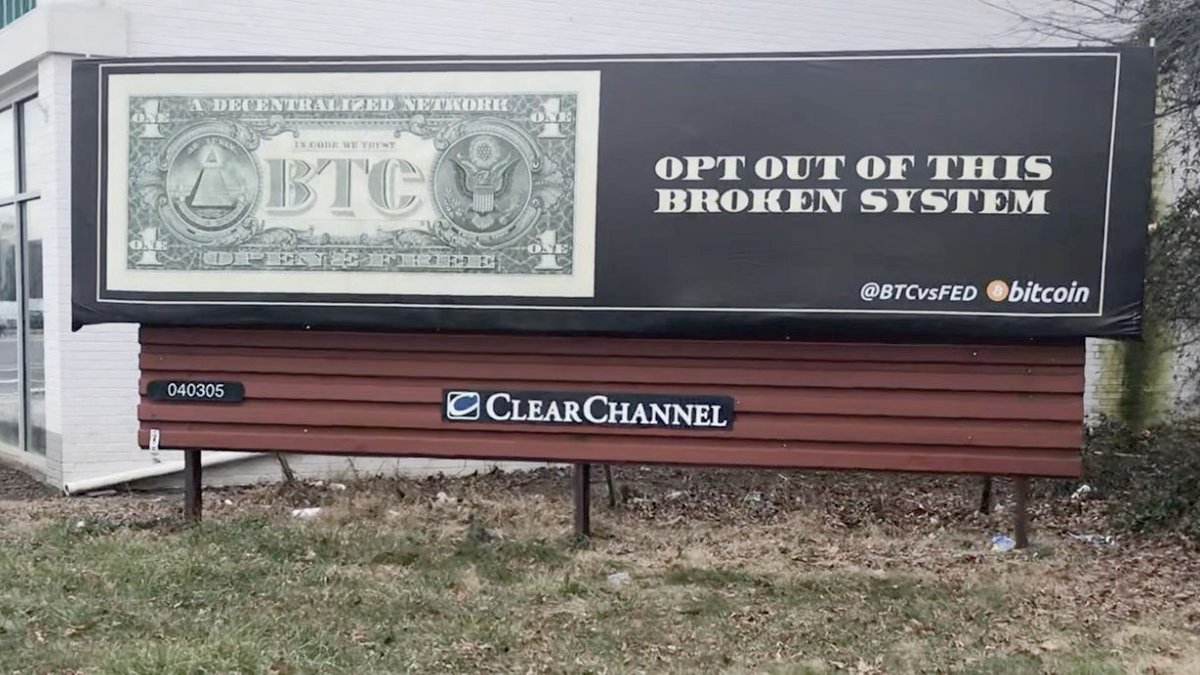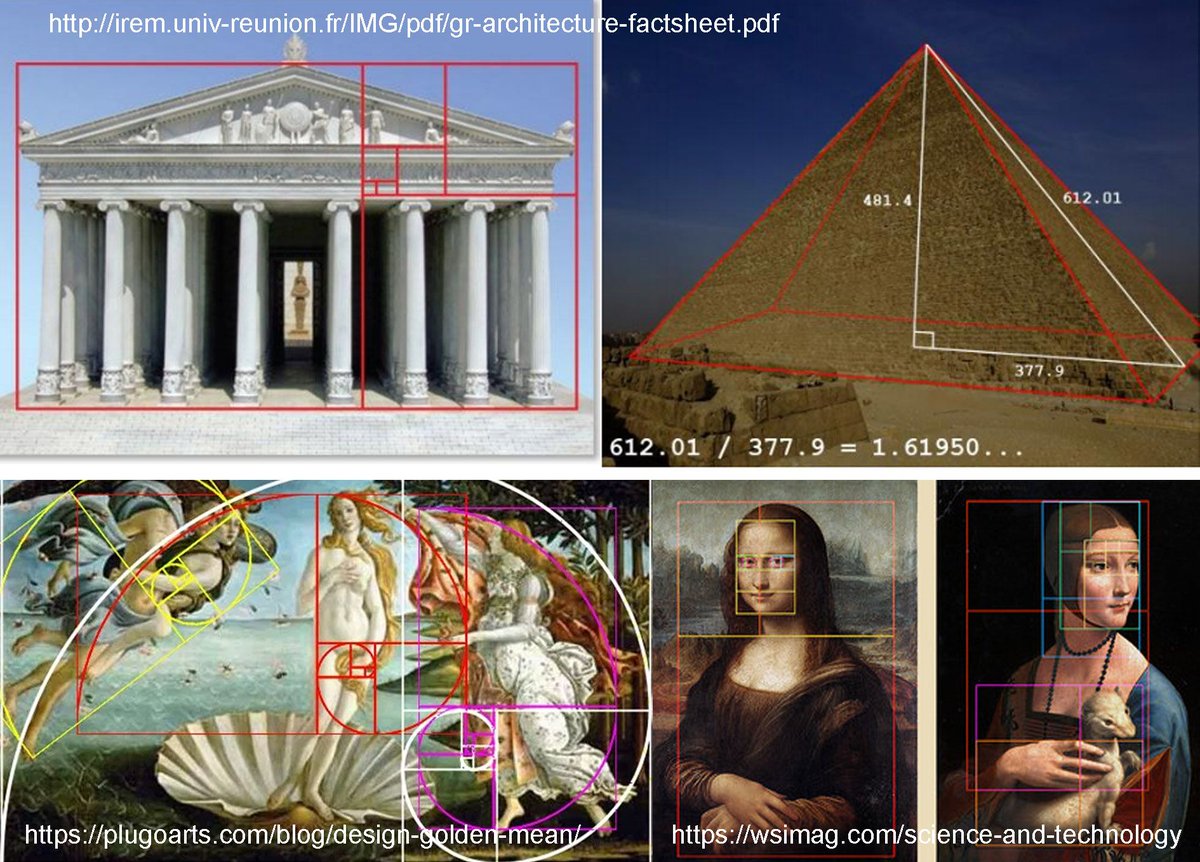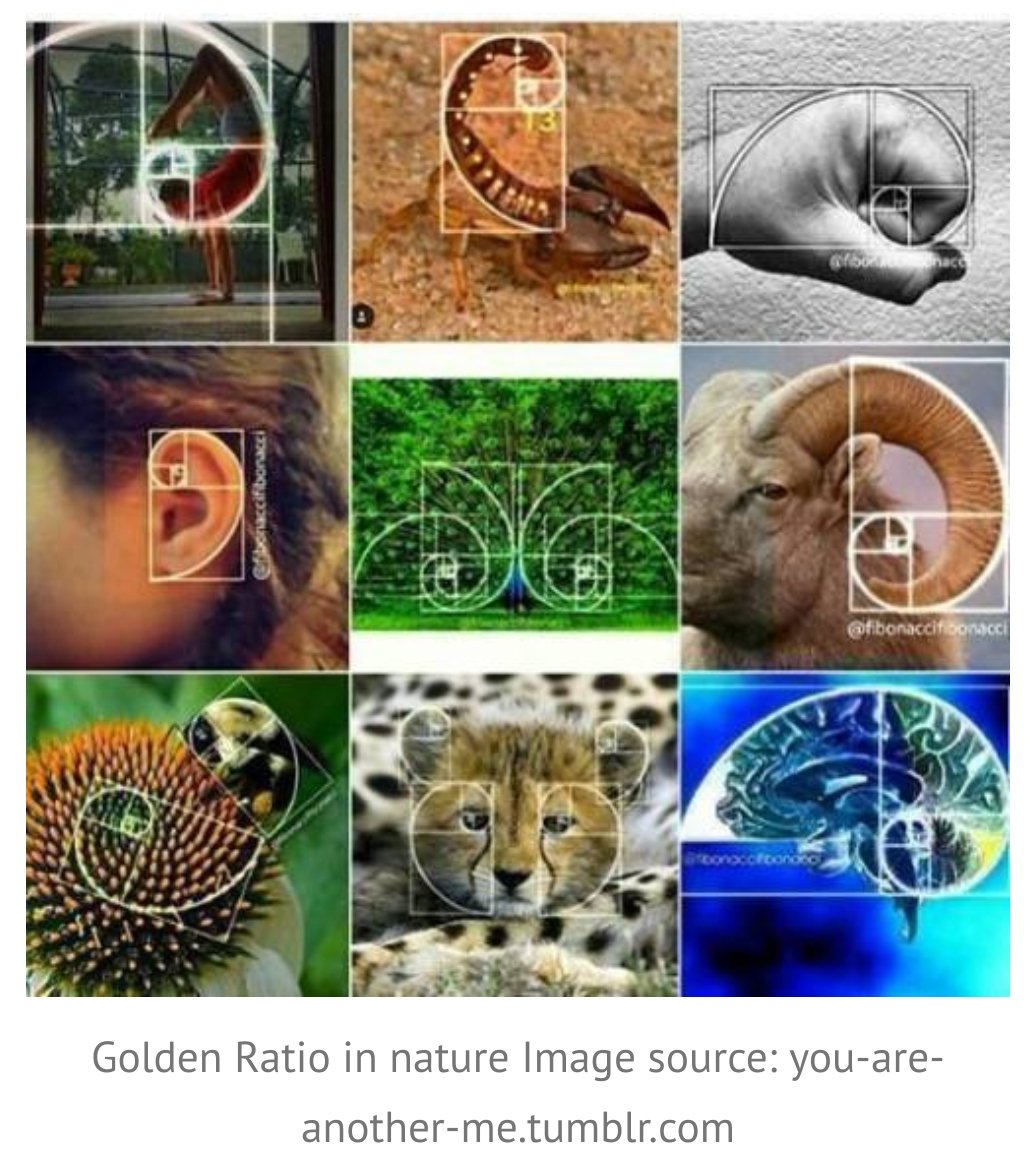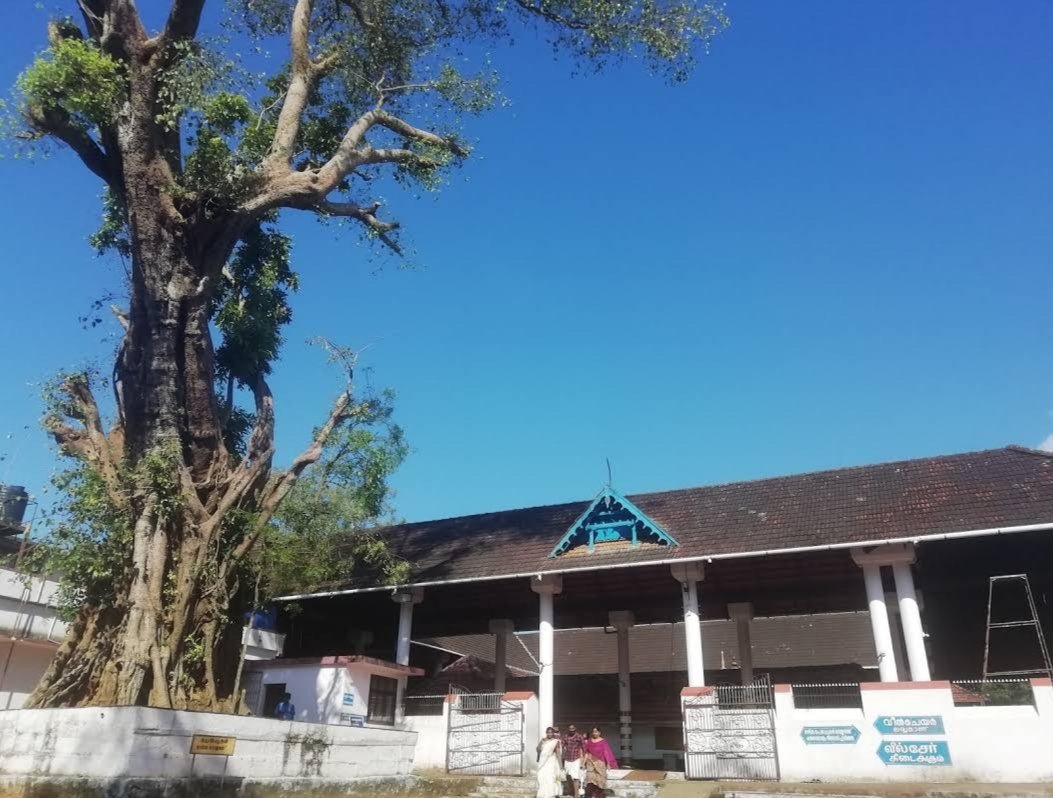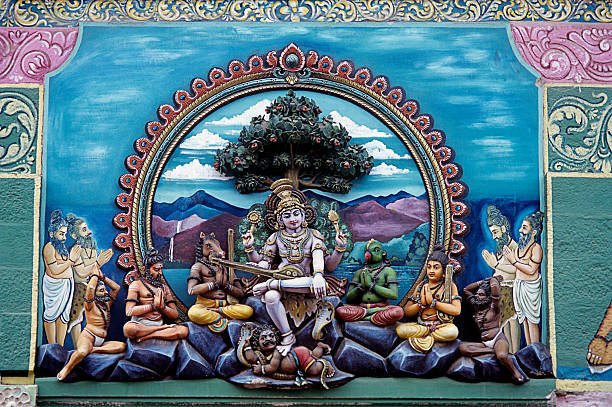The counterparty risk of a third-party holding fiat in reserves.
Another #FreeLoveFriday. So far, I’ve covered Bitcoin, Mastercoin/Omni, and last week ChainLink and the importance of decentralized oracles. Today, let’s talk about one of the most fascinating projects in crypto - @MakerDAO
Back with another #FreeLoveFriday. Last time, we covered how Mastercoin/@Omni_Layer pioneered digital asset issuance on blockchains. Today, let\u2019s discuss @Chainlink and the vital role it plays in connecting blockchains to the real world. https://t.co/0poYIBtGrt
— Emin G\xfcn Sirer (@el33th4xor) January 22, 2021
The counterparty risk of a third-party holding fiat in reserves.
https://t.co/Pz3BkJLUM7
More from Bitcoin
1/ outlook for bitcoin: positive 🚀
in this thread, i'll quickly outline key data points on #bitcoin sentiment, demand, market structure, and macro conditions
disclosure: i own BTC, obvi. this is not investment advice. DYOR. further disclosures at
2/ let's start w sentiment ☺️
first, investor sentiment:
✅ @blackrock filed to add BTC to 2 funds, CIO has 400k price target
✅ @RayDalio's Bridgewater reportedly issuing BTC research report
✅JPM, Goldman, and other bulge brackets initiated research coverage
3/ next, trader sentiment:
🚨 most important indicator is the forward curve
normally BTC futures trade in backwardation after a price drop.
this time, the curve stayed in contango following drop, meaning market makers are bullish 🐂📈 despite funding rate increase!
4/ sentiment drives demand. so DEMAND next.
💸 let's talk fund flows
🤑 our research shows $359M of inflows into crypto products last week alone (https://t.co/6Kky96m3ob)
🤑 our @CoinSharesCo @xbtprovider ETPs saw $200M trading volume on jan
4/ let's talk bitcoin fundamentals
post-halving, 900 BTC mined per day, 312,000 this year.
👀 47M millionaires. 21M bitcoin.
🏆 collectibles selling at all time highs. bitcoin is the ultimate collector's item. (see
in this thread, i'll quickly outline key data points on #bitcoin sentiment, demand, market structure, and macro conditions
disclosure: i own BTC, obvi. this is not investment advice. DYOR. further disclosures at
2/ let's start w sentiment ☺️
first, investor sentiment:
✅ @blackrock filed to add BTC to 2 funds, CIO has 400k price target
✅ @RayDalio's Bridgewater reportedly issuing BTC research report
✅JPM, Goldman, and other bulge brackets initiated research coverage
3/ next, trader sentiment:
🚨 most important indicator is the forward curve
normally BTC futures trade in backwardation after a price drop.
this time, the curve stayed in contango following drop, meaning market makers are bullish 🐂📈 despite funding rate increase!
4/ sentiment drives demand. so DEMAND next.
💸 let's talk fund flows
🤑 our research shows $359M of inflows into crypto products last week alone (https://t.co/6Kky96m3ob)
🤑 our @CoinSharesCo @xbtprovider ETPs saw $200M trading volume on jan
4/ let's talk bitcoin fundamentals
post-halving, 900 BTC mined per day, 312,000 this year.
👀 47M millionaires. 21M bitcoin.
🏆 collectibles selling at all time highs. bitcoin is the ultimate collector's item. (see
I will be a buyer under 13800 levels, but depending upon the reversal on smaller timeframe.
#BITCOIN
— Mayank Narula (@Mayank_Narula1) March 5, 2022
Pending RSI divergence on monthly chart which requires a dip under 13805 to get resolved.
But monthly RSI divergences can go on for years before the resolution.
Best case scenario will be panic dump over next few months. pic.twitter.com/hi67hMg9sZ


